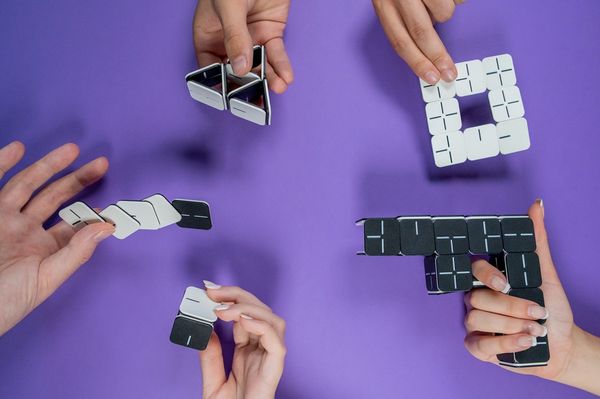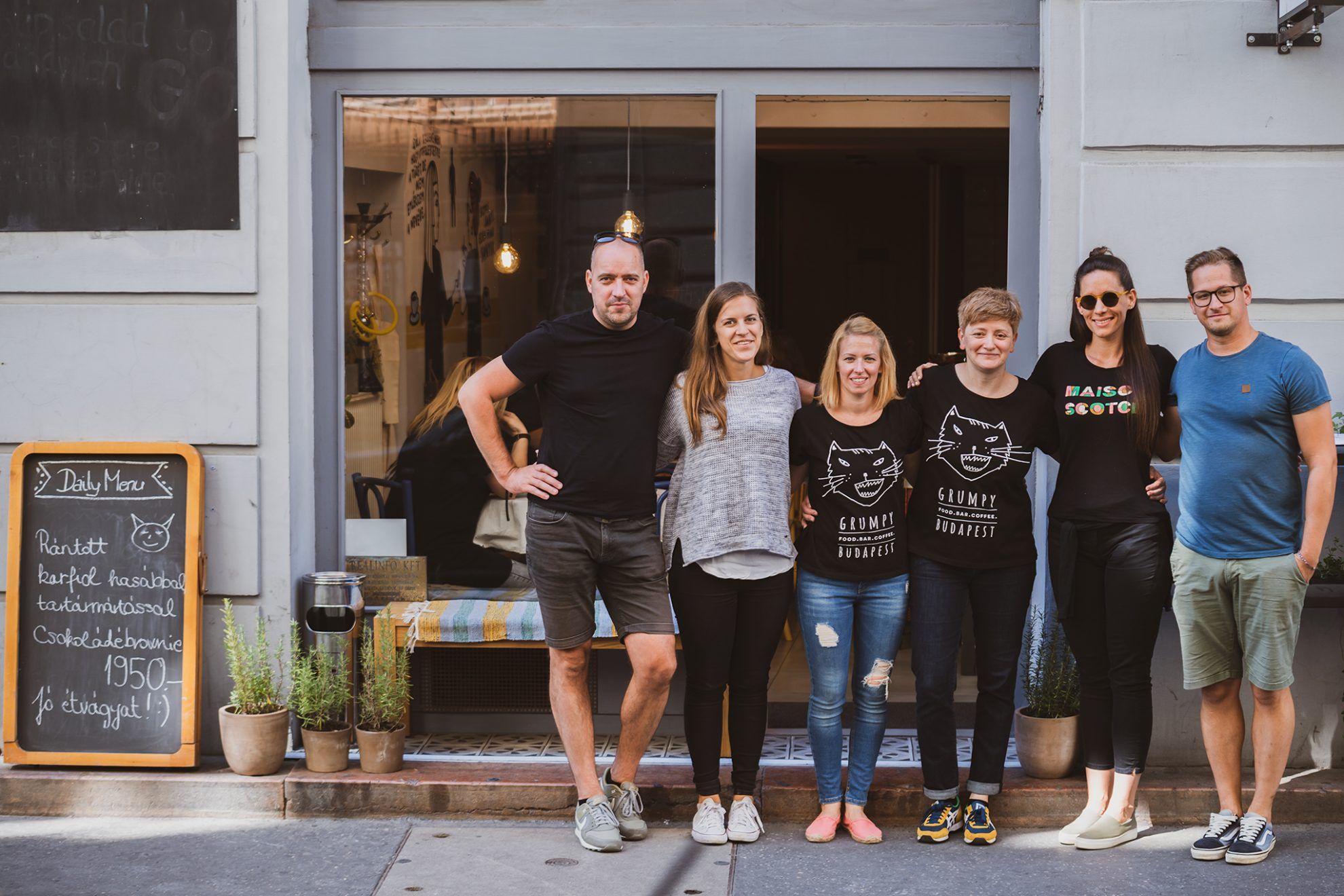The joint project of Piqniq Budapest and Mastercard commenced under the title „Tanulj, fejlődj! – Nagykép a gasztronómiáról” (Learn, improve! – Big picture of gastronomy), presenting the personal stories of businesses related to gastronomy. The goal of the campaign launched a few weeks ago is not only to educate the players of this diverse sector but also to give hope to them and convince them that they can, and also must stand up from this crisis and turn it into something good. We interviewed the founders of the project.
According to their own definition, Piqniq Budapest “offers business operating in the field of hospitality and gastronomy an opportunity to develop.” In the pre-Covid times, this all took place in the form of offline events: they explored topics like service design, burning out or the coffee situation in Hungarian hospitality industry in the framework of thematic lectures and workshops, but they also discussed the psychology of the satisfied customer, amongst many others. During the pandemic, the mission of the team remained the same, and even gained some additional strength: Piqniq Budapest keeps helping gastro-businesses in these changed circumstances in the form of an online communication campaign (we have also published an article about it previously), and now they’ve teamed up with Mastercard. The aim of their initiative is to provide time and space to the players of gastronomy, including restaurants, cafés, producers, suppliers and service providers for learning and developing together.
All founders of Piqniq Budapest are related to gastronomy in one way or another: Kata Bánhalmi manages the operative tasks of Skill Trade Kitchen Technology, their family business, Gábor Losits is the head of marketing at Larus Restaurant, Alexandra Rétfalvi-Kurucz forms part of the team as the managing director of Design Stúdió Kft., while his economist husband, Zoltán Rétfalvi is a financial consultant for starting businesses. Interest, curiosity, passion and will to act for the profession is something they all share – this is what led them to conceive the idea of Piqniq Budapest in 2018 in the first place. They realized that in their joint projects and friendly get-togethers, they talk more and more about good or less good examples, the mistakes, phenomena and trends seen in gastronomy – and they felt that they had to share this knowledge base with others too by involving the affected players, and that they had to create a platform where such a dialogue (which concerns everyone, not just the profession) could be started.
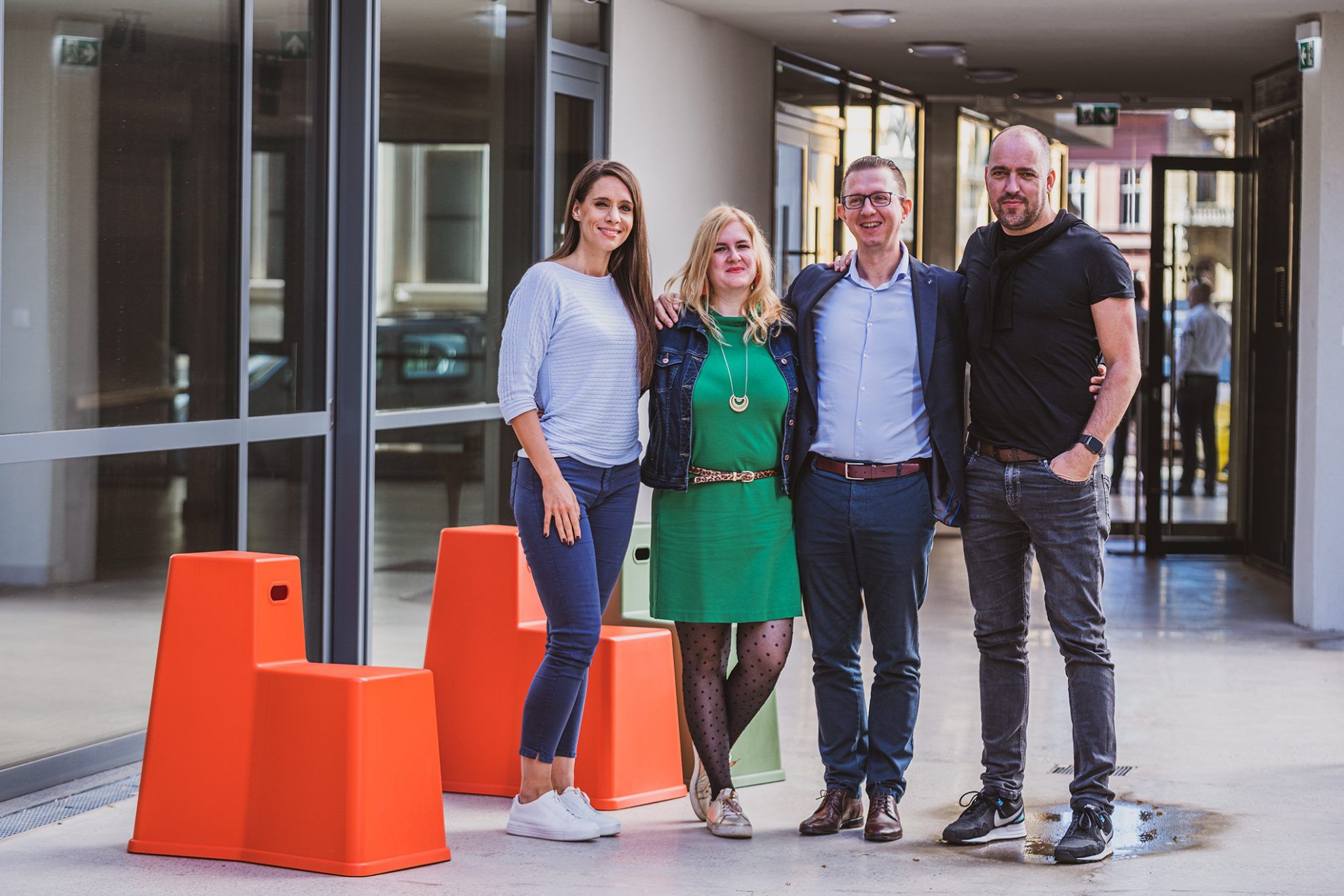
“I realized that I could only understand the profession and the gastronomy sector if I dove really deep into it. I needed to explore and understand the tiniest details” – says Kata, and even though she was a bit skeptic about the success of their first event, all of her doubts were gone when the evening of the event came. They invited the big guns of the profession to the open discussion titled „Cukormáztól a profitig” (From sugarcoating to profit) (Szonja Márk – Édesem, Fanni Sallay – Cake Shop Budapest, Kinga Szász – Chouchou, Zsolt Oltványi – Mentes pastry shop, Margit Varga – Zazzi pastry shop), who talked about the keys to a successful pastry business. They sold 120 tickets for the event, getting not only the hobby bakers interested, but also the players of the confectionary scene – this provided the first great momentum for Piqniq Budapest.
The fact that their idea had a raison d’être was proven by the next 20-25 events: audiences of two-three hundred people gathered for their lectures covering large-scale and popular topics, but they also organized smaller scale events and professional workshops specifically designed for conveying the know-how necessary for opening a business. “Sharing knowledge is extremely important, especially in these times. For us, this is not a cliché, rather the essence of Piqniq Budapest. An energy that you pass on and that makes you more, too. We build and draw on this” – Gábor explains.
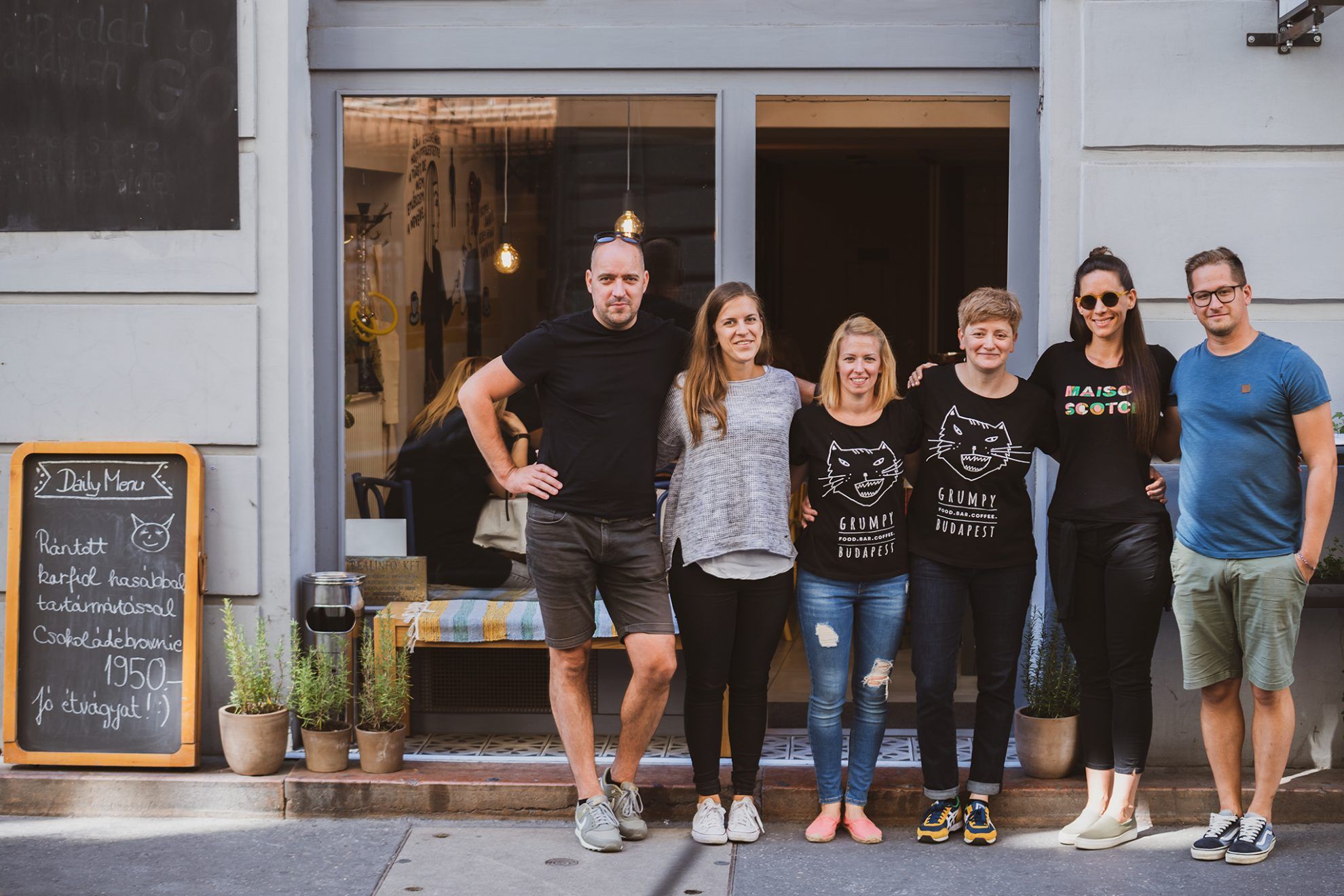
Alexandra also meets many clients in her work who would like to leave the multinational milieu behind and open their own café, pastry shop or restaurant. Piqniq Budapest’s events are intended for these people, too, as authentic players share their own experiences with the audience, and they also talk about how much work, time and money opening a restaurant or café takes.
“The most basic things should be laid down at the very beginning. For example when I ask my client to take a guess at the sum that is needed to launch their own gastro-business, most of the time their guesses do not even come near to the actual amount” – she explains. Alexandra also reveals that a starting capital of approximately HUF 15-20 million is necessary to launch a café with an ordinary floorspace, as a good coffee machine already costs several million Forints in itself. She says, she talked many people out of opening their own gastro-business, mainly because they didn’t have a clear and viable concept. Of course neither Alexandra, nor Piqniq Budapest aims to discourage enterprising people from opening a business, but they do want to encourage them to acquire a strategic mindset.
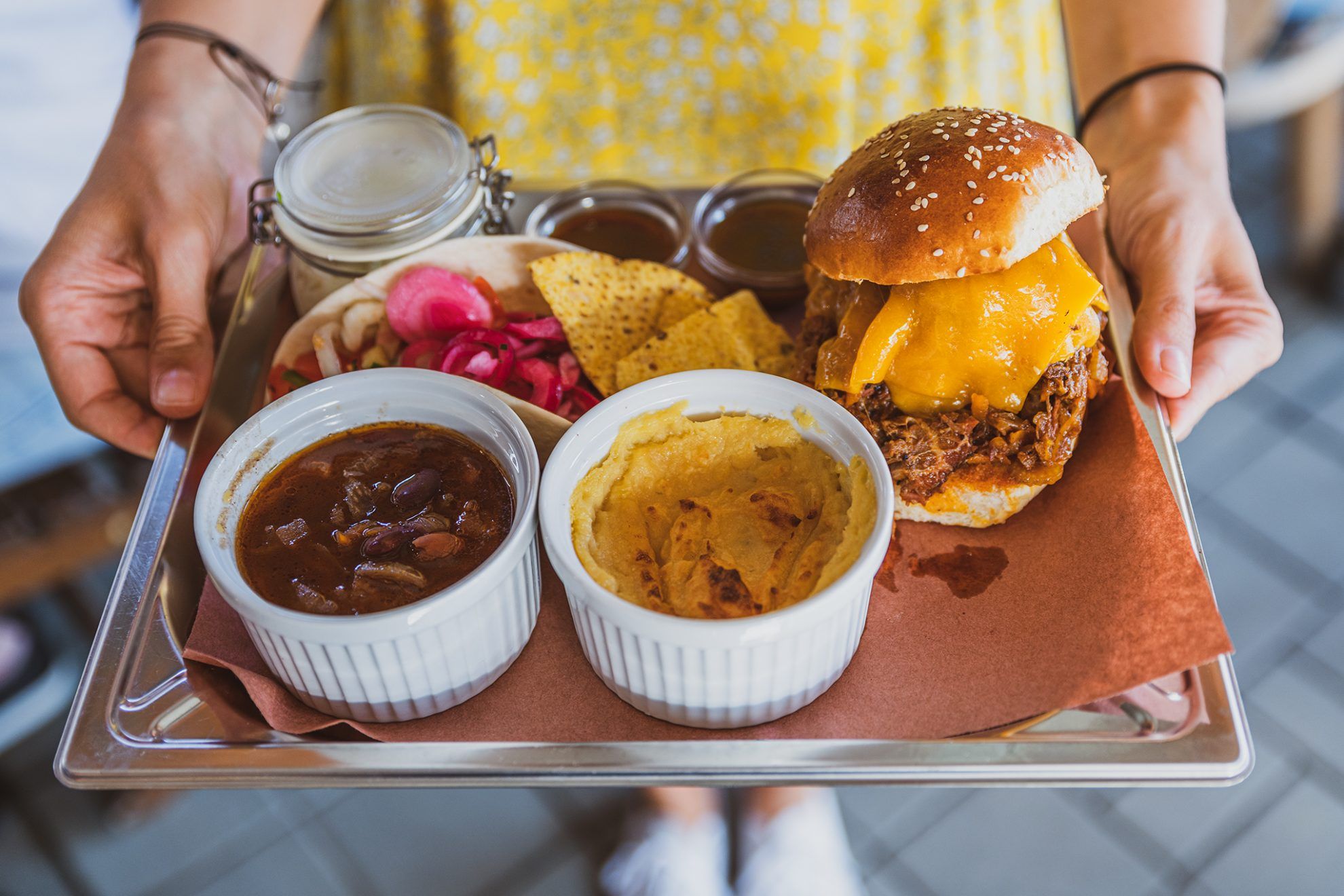
Zoltán has similar experiences, and claims that one of the biggest weaknesses of Hungarian gastro-businesses is that they don’t form reserves. “They have to think ahead, even if their business is successful” – he stresses, and instantly adds that a good product is not enough. “Your product palette is not a fix and unchangeable part of your business, quite on the contrary: you have to continuously monitor how successful it is, how much your customers love your dishes and whether the given sandwich or cake is worth the time and the money spent on producing it.”
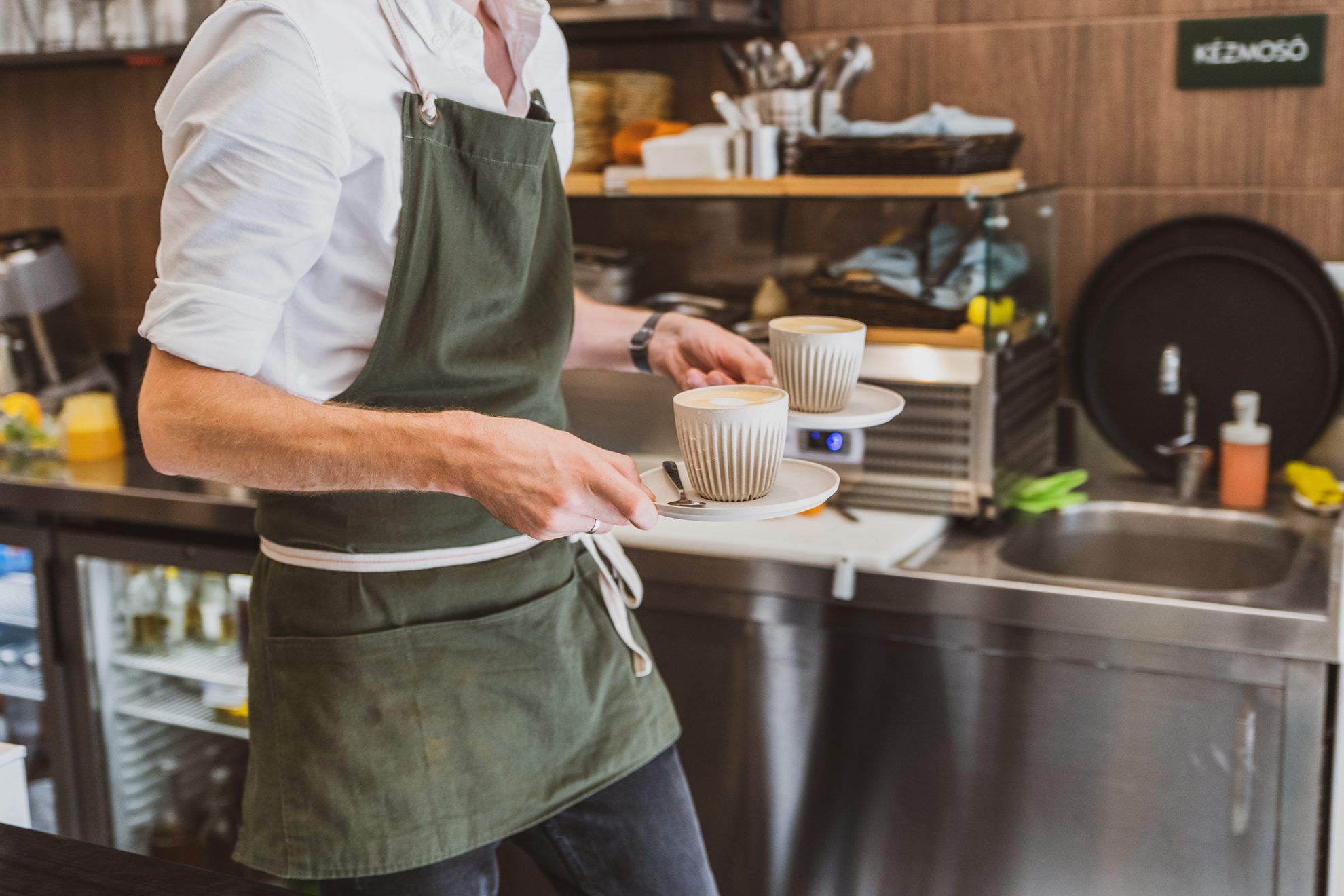
“You cause joy with what you produce” – cites Péter Mondovics, the head of marketing at Mastercard Gabriella Ormós, the head of Jenői Bakery. Even though our natural connection to food and gastronomy is obvious, it does matter how we look at our own brand and how we handle our customers, especially in these troubled times.
“To be successful, you must not only believe in produced, served and delivered products, but also pay attention to your customers closely. This might sound like a cliché, but what it really means is that you must form personal relationships with your regulars, you must pay attention to them, you must provide the usual high quality to them both in terms of products and services that they are used to from you and your business at all times. Today, a customer considers which café or restaurant he will go to carefully. They will choose the one they know, the one that makes them feel safe. People go to places they trust” – Péter told us.
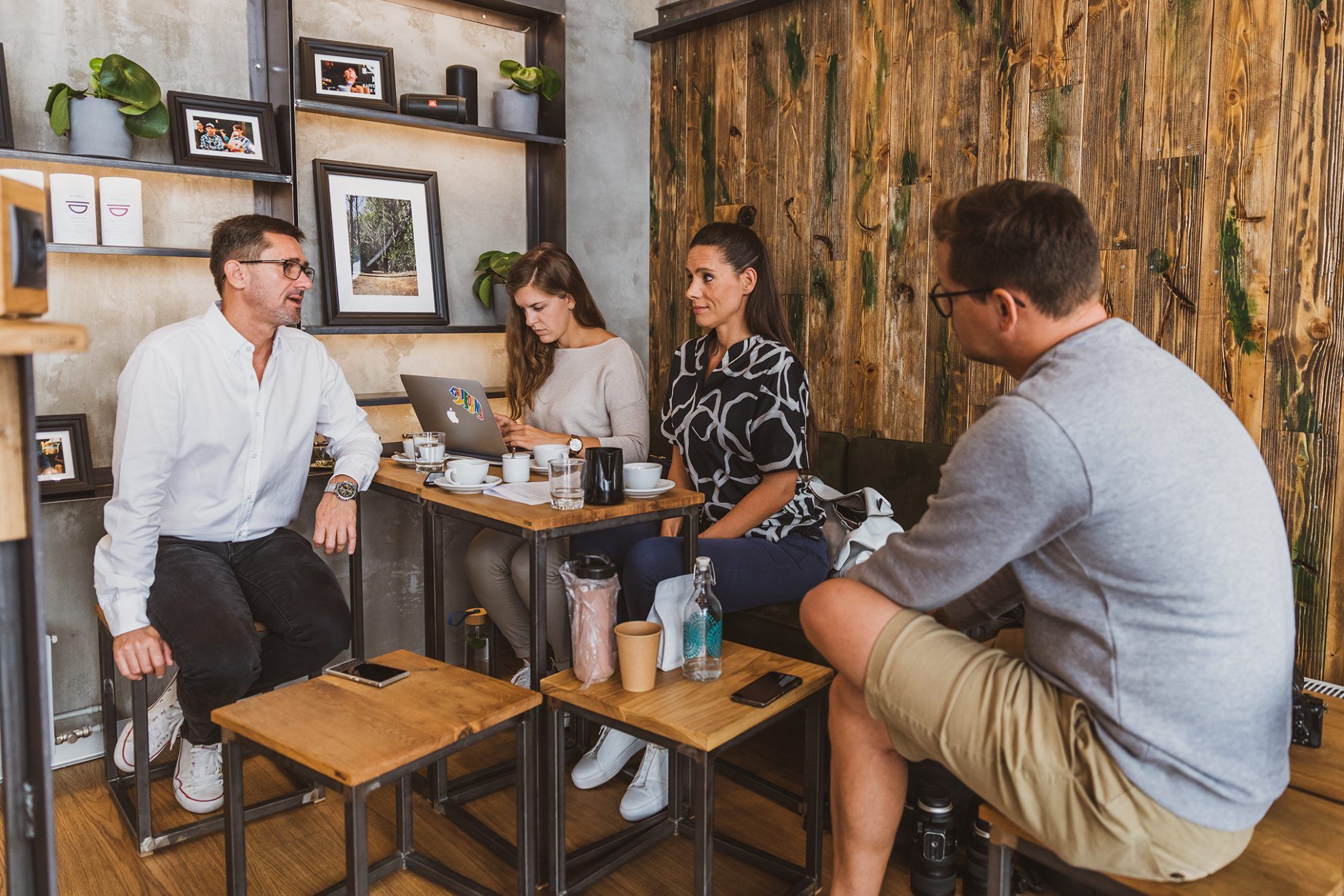
According to the marketing manager, for Mastercard this is not only a marketing campaign, but a partnership with a capital P, to which the partners contribute equally. “In our organization, the CSR (Corporate Social Responsibility – the Ed.) does not only mean that the entire company goes and donates some blood one day every year. Of course this is very important, too. We believe in social responsibility, and in projects with a long-term effect. This is why we voted confidence for the team of Piqniq Budapest” – he explains.
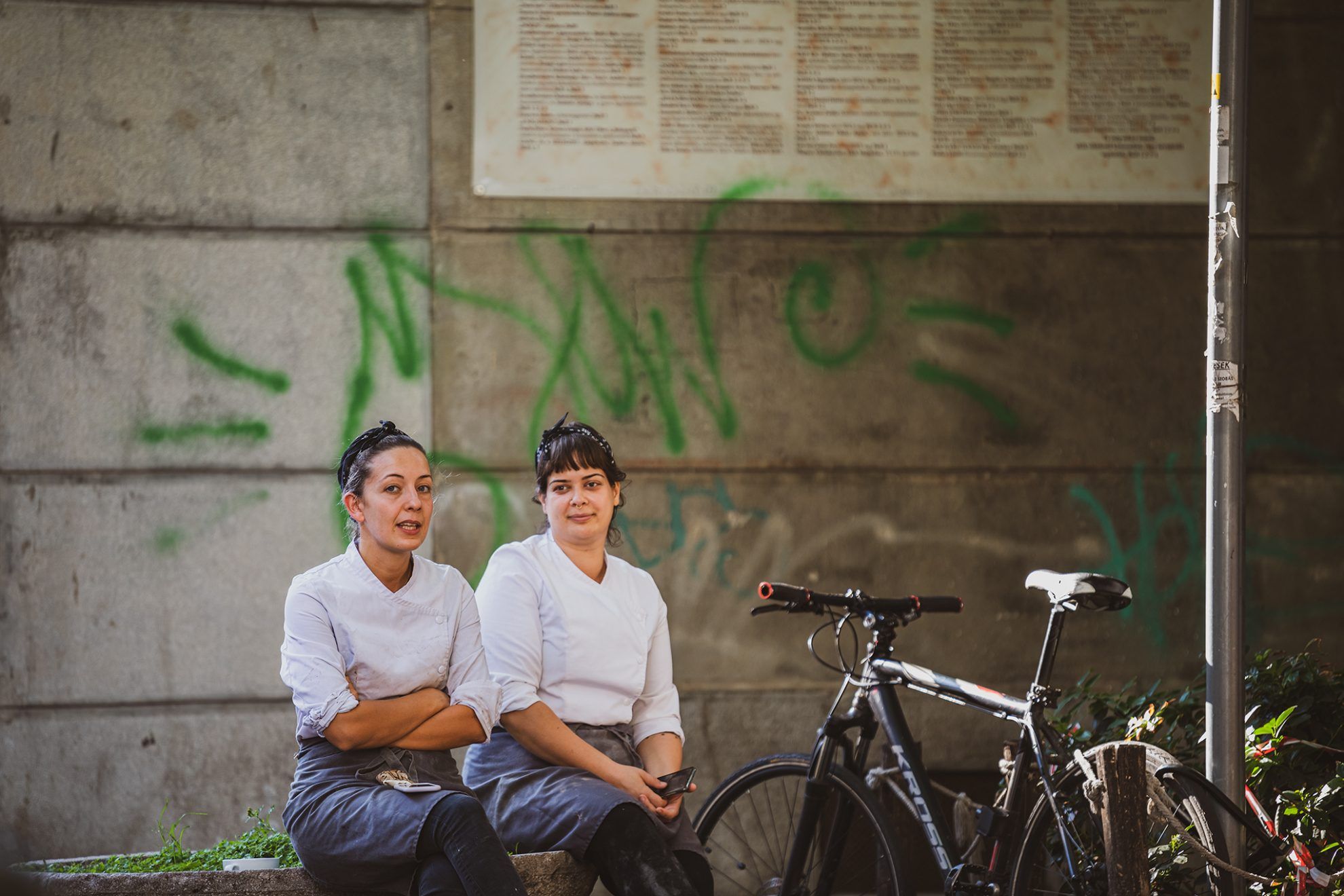
“When Mastercard joined us, we felt that Piqniq Budapest entered the age of maturity. For a long time we had to prove our raison d’être, but having such an important partner makes us very happy and even more responsible” – Kata says. To our question what would make them happy, they all answer the same thing: they want the campaign to reach as many people as possible, and the message shared by the players of the Hungarian gastronomy scene to be conveyed to those who would like to learn and improve.
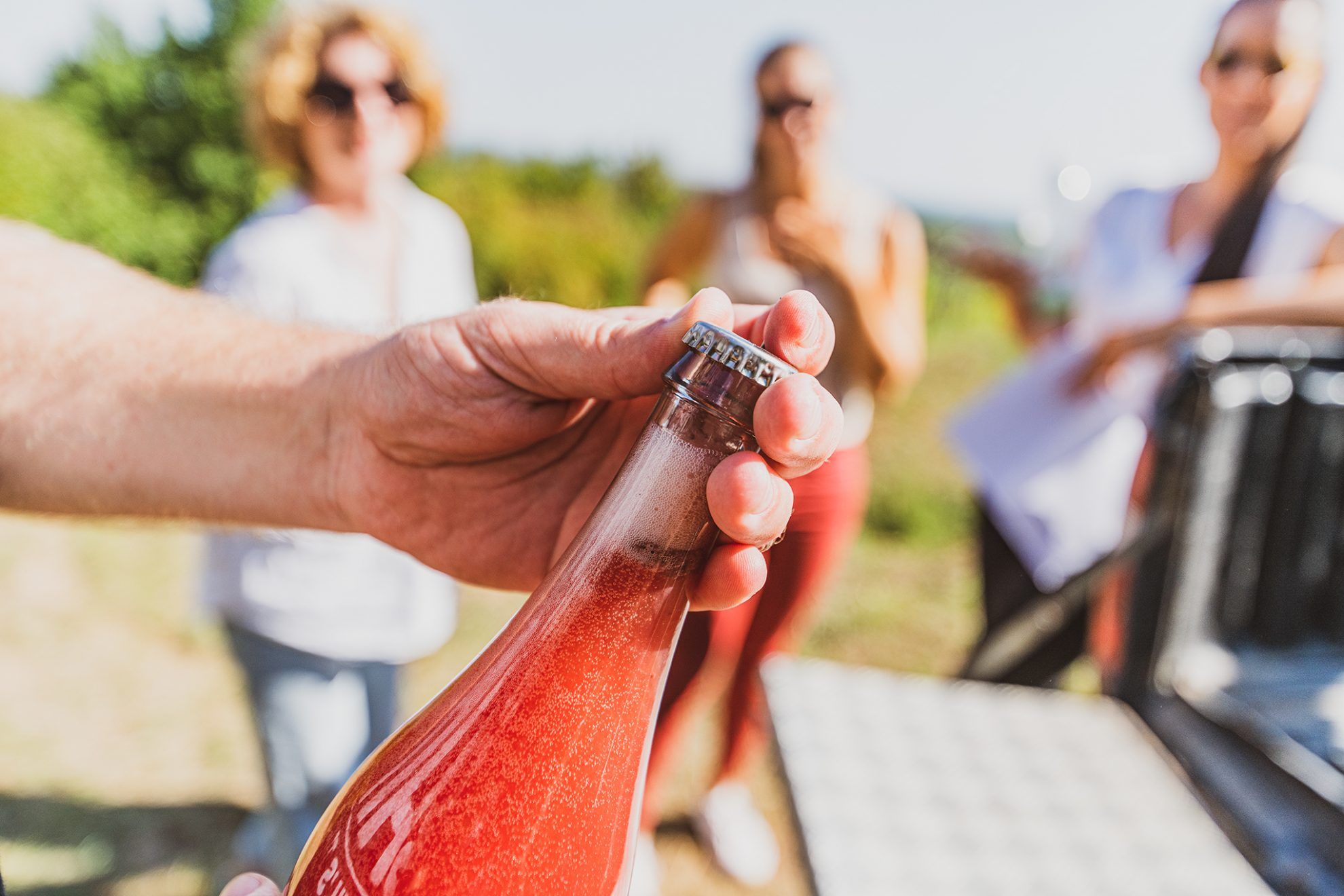
At the same time, Piqniq Budapest also hopes that more and more big companies will realize the importance of the project and will join them in the future. They already know at this point that starting this project was absolutely worth it, as no matter how long hours and hard they work, all members of the team, including photographers, videographers and copywriters do their best, and the shared experiences will provide even more momentum for continuing what they started. In addition to all this, they also receive many positive feedback from all across the country, and more and more people are applying to share their experiences in relation to certain gastronomy-related topics. During our interview, for example, the head of a gastro-business in Debrecen contacted them and said that the contents of Piqniq Budapest give them power in this difficult situation to not only strive for survival, but to also improve and develop their business.
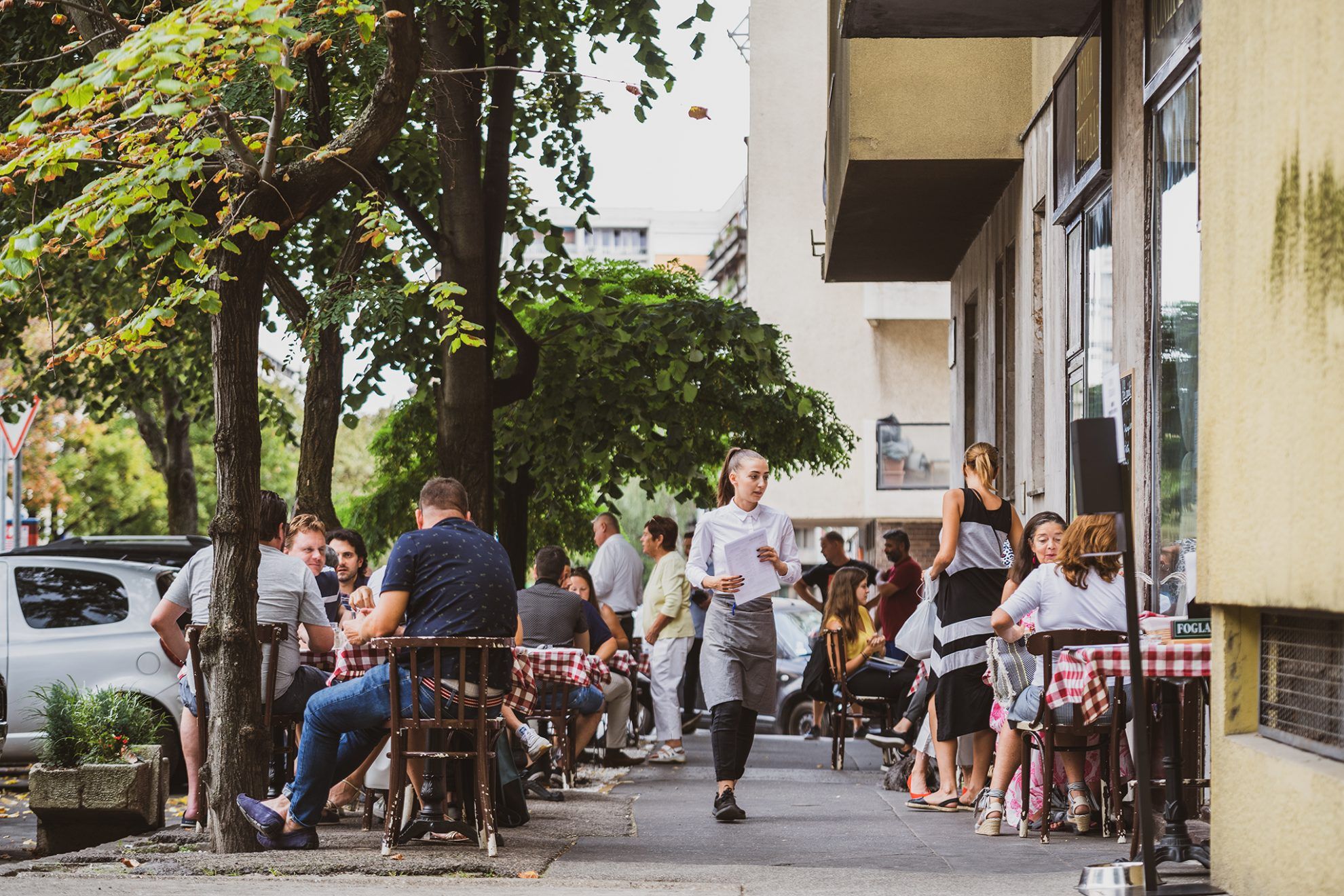
Piqniq Budapest and Mastercard’s campaign will introduce the diversity of Hungarian gastronomy businesses every week through new topics, from 25 different angles. The exciting topics will also be featured on HYPEANDHYPER: we will present five loveable and authentic figures of gastronomy each week in cooperation with Piqniq Budapest.
Piqniq Budapest | Web | Facebook| Instagram
Photos: Dávid Horpáczi
Videos: Gergő Sepsi

Highlights of Hungary 2020 | Franciska Törőcsik

Hum to Search
